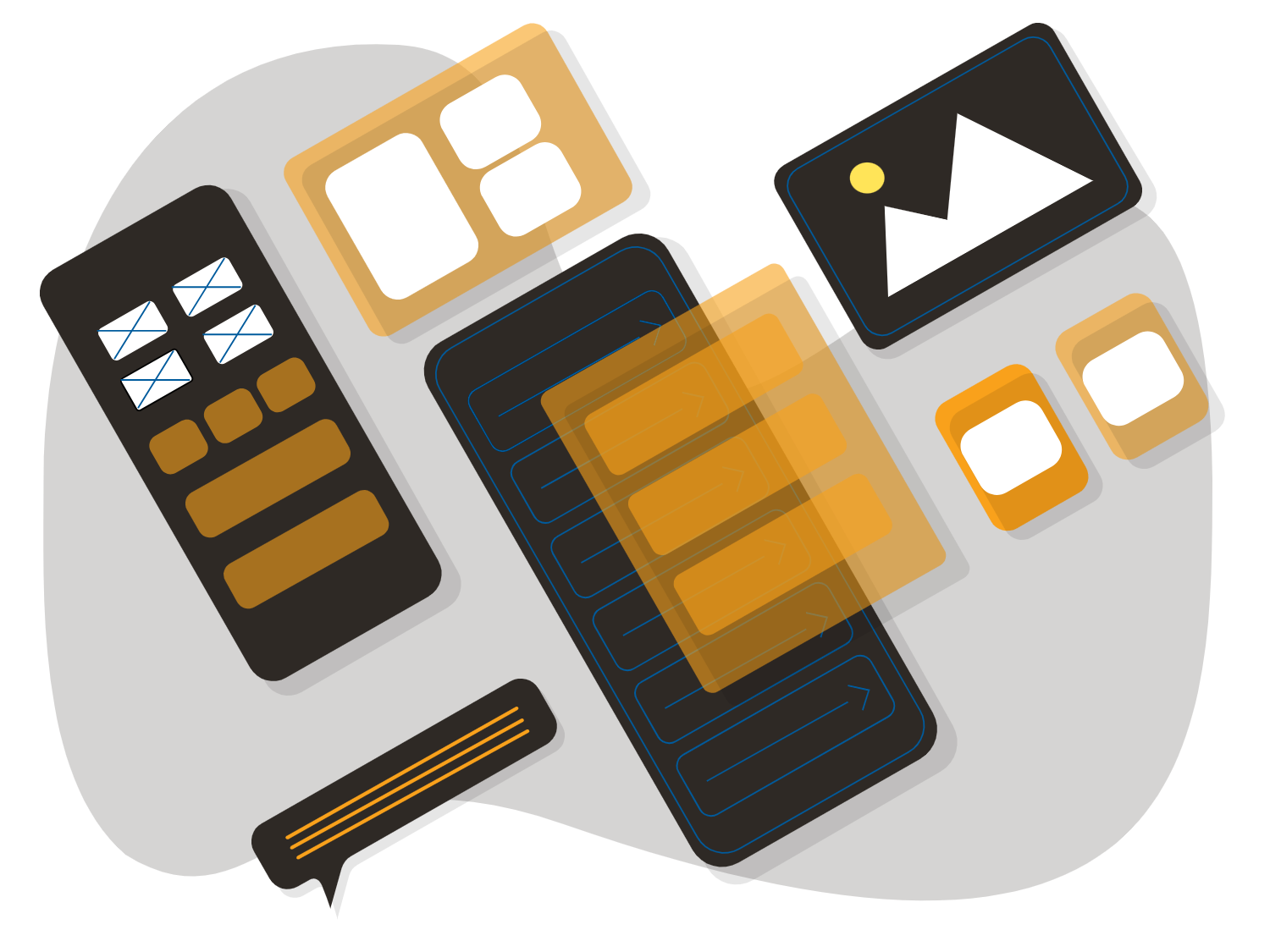

National Cyber Security Month Security Tips from your San Marcos Web Design and IT Experts at tekRESCUE
While the age of the internet has brought on so many benefits and conveniences to everyday life, it hasn’t been without downfalls as well. With almost everything being digitized, a new realm of danger has also been created in the form of “cyber crimes.” Cyber crime has become a very real threat that individuals, businesses, and agencies alike must defend themselves against. The FBI considers cyber security a high priority, as there has been a collective loss of several billion dollars due to cyber crimes and the repairs needed as a result. To celebrate cyber security month, we put together this outline of types of threats and ways to avoid them! Practicing good cyber security is just as important as locking your doors at night, as both protect the people and things you care most about from outside threats.
Types of Threats
Unfortunately, there is not just one type of threat when it comes to cyber crimes, and while individuals over the age of 50 are more likely to be the victims of these crimes, there is not one specific targeted people group. Everyone should practice thorough cyber security!
Identity Theft – Because of the high volume of personal information being digitized, it’s easy for a low level hacker to gain pertinent information about you and use it illegally. In the past, someone would need to steal your physical credit card in order to hijack your finances, but now, with online access, this can be done remotely for a cyber criminal.
Predators – Not only is our private information like banking and criminal records online, we also put day to day information on the internet, sometimes without even thinking about it. Social media, while it can keep us connected and increase networking capabilities, can be a breeding ground for online predators. Almost half of the world’s population uses some form of social media, and over 70% of Americans use social media daily, including children. Some social media sites, like Facebook, allow you to list your age, school, and activities right next to a profile picture of your choice. This, along with our own habit of tagging our locations, often sharing patterns in our daily routines, gives online predators a road map into our personal lives.
Phishing and Ransom – Email has always been one way for hackers to infect your computers making your information vulnerable, and this process has become more and more sophisticated in recent years. Now, these emails look strikingly close to legitimate emails you would want to open from associates, your bank, or even the government. Typically, these emails include a link for you to click, and BAM – you have just been the victim of a phishing scam.
One of the worst types of phishing scams involves ransomware. This is a type of malware that causes individuals or even entire agencies to lose all access to their database until they pay a ransom to the cyber criminal who orchestrated the attack. Hospitals, police departments, schools, and banks all have very valuable information online that needs to be accessed, so this gives hackers leverage to try and get large sums of money in exchange. For example – most hospitals use digital pads to keep track of patient medical information instead of paper clip boards, so if a phishing scam held that database for ransom, patients lives would be at stake, motivating hospitals to pay money in hopes of getting a decryption key to get up and running again. Any individual or business can be a target for this type of malware, and any unexpected email received should be approached with caution.
Cyber Security Tips
With all of the potential threats to our personal information online, it is important to practice good cyber security on all platforms. Here are a few tips you can follow to strengthen your cyber security and protect yourself against online predators, hackers, and identity thieves.
Update Your Software – Your personal devices like your laptop, smart phone, and tablet will regularly have system and software updates available. While sometimes these updates include obvious aesthetic changes to the layout, often times these are small updates that have to do with securing the system. You always want the most recent software update on your devices to ensure your information is secure.
Use Software Protection – Investing in an anti virus or software protection is huge in fending off cyber crimes. Not to mention, some malware is just damaging to your device all together, so actively using software protection can also prolong the life of your equipment.
Be Wary of Public WiFi – Using an unsecured WiFi network to access information online can leave you vulnerable to remote hackers. If you must use public WiFi (hotels, airports, coffee shops, etc), avoid logging into sensitive material like banking accounts. Also, if you find yourself needing to use public WiFi often, consider investing into a VPN (virtual private network) which allows you to share and access data on public networks as if it were a private one.
Up Your Password Game – The average person has over 25 different online accounts that require a username and password. Between work accounts, online banking, social media, insurance records and more, people often find themselves recycling the same few passwords for all of the above. Having unique, personalized passwords for your accounts is a huge factor in your online security. This year alone, over 7 million people utilized “123456789” as a password, and over 3 million simply used the word “password.” Be smart with your passwords, and use a combination of letters, numbers, and symbols that you can remember to protect yourself and your information online!
Don’t Over Share – We aren’t just concerned with your cyber security but your personal security as well! While it might be fun to brag to your friends and family about your upcoming vacation, by posting a status update on facebook stating you are leaving town for the week, you could be letting a predator know your house is going to be empty. This is especially true if you don’t have a strong vetting process for your friends list or if your profile is set to public. It’s fun to share with your friends and family online, but by making your personal plans or routines aren’t available to the internet world, you might be making yourself vulnerable to less desirable spectators in the cyber world!
Be Smart – There are certain practices you learn to be common sense in the real world like looking both ways before crossing the street, not walking down dark alleyways alone, and avoiding gas station sushi. There are basic common sense practices in the cyber world as well like never sharing any passwords, keeping your social security, banking, and log in info private, not clicking on links in your email from senders you don’t know, and always using software protection on your devices. By following some of these golden rules in cyber security, you can avoid being added to the ever growing list of cyber crime victims.
Why Trust tekRESCUE’s San Marcos Web Design and IT Experts?
As an all-in-one technology consulting company offering managed IT, website design, and SEO in San Marcos TX, tekRESCUE has experience approaching the topic of cyber security from multiple angles. From setting up the IT infrastructure of local businesses to taking on website design in Austin TX just up the road, our team has hands-on experience not only in network and data security but also in navigating the web space safely. And with experience as an Austin SEO company as well as practicing SEO in San Marcos TX, we have experience in large markets as well as small. Contact us if you have any concerns about cyber security, and we’ll be glad to help!





